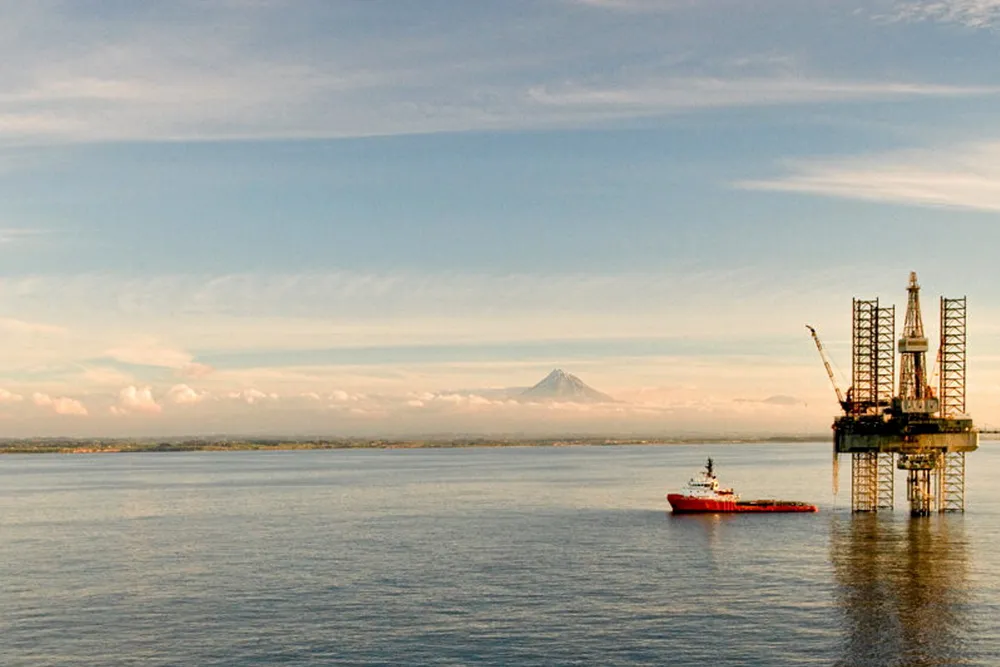OPINION: OMV provides glimmer of light for gas in land of the long white cloud
New Zealand has dropped off the global oil and gas map due to the government's antipathy towards fossil fuels

New Zealand has dropped off the global oil and gas map due to the government's antipathy towards fossil fuels
